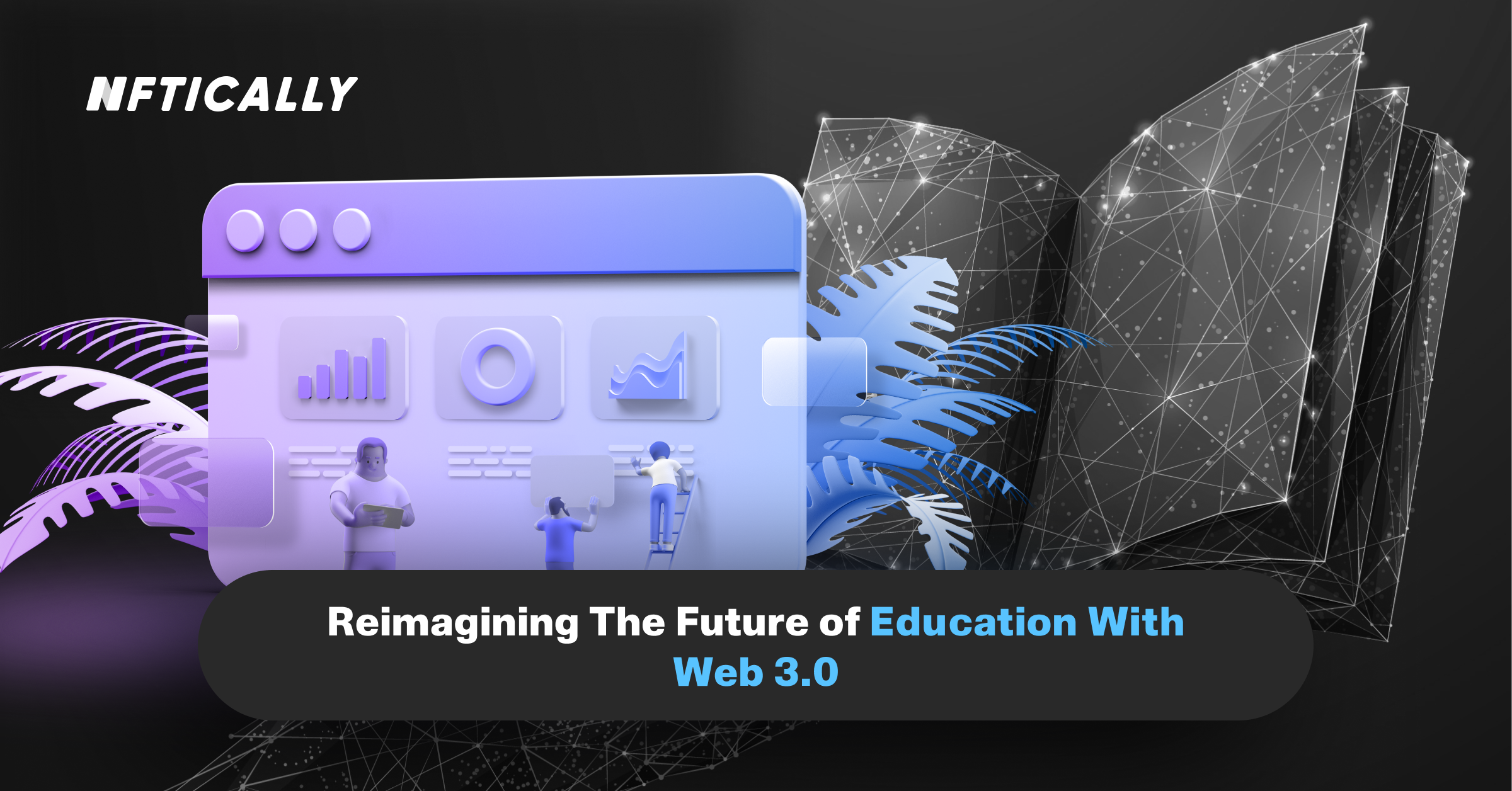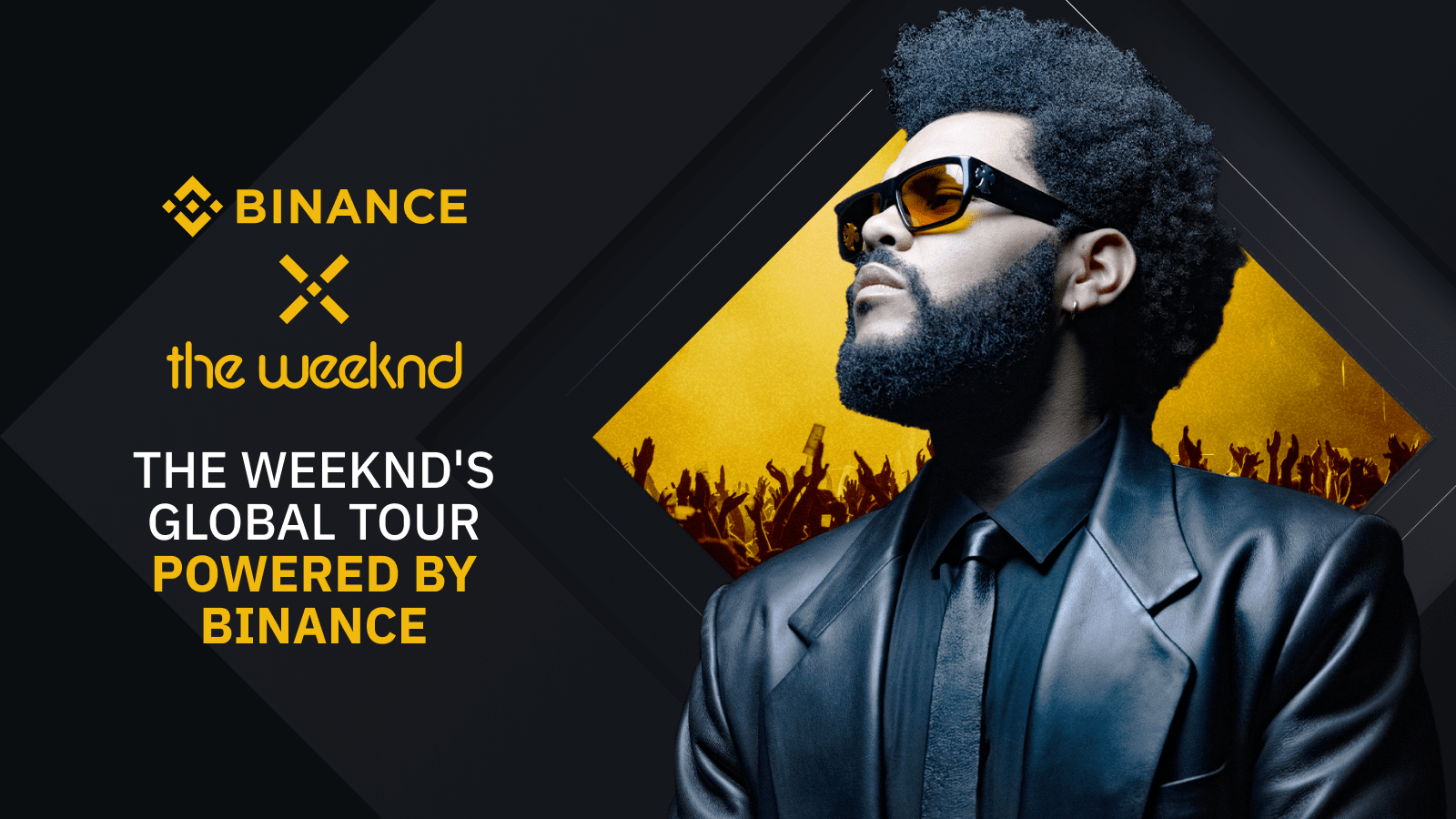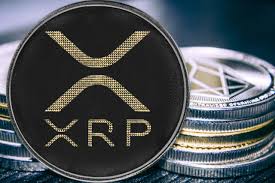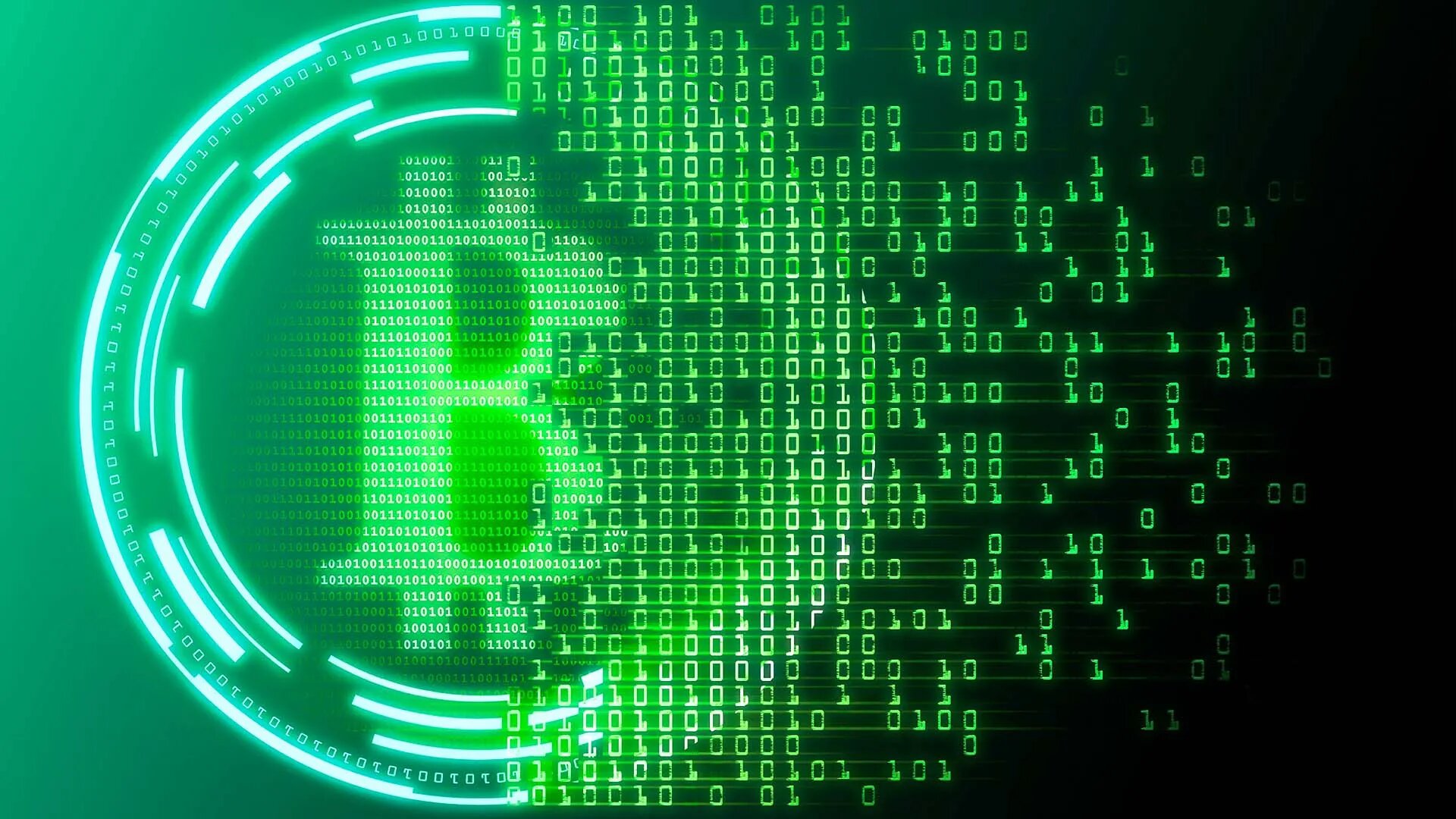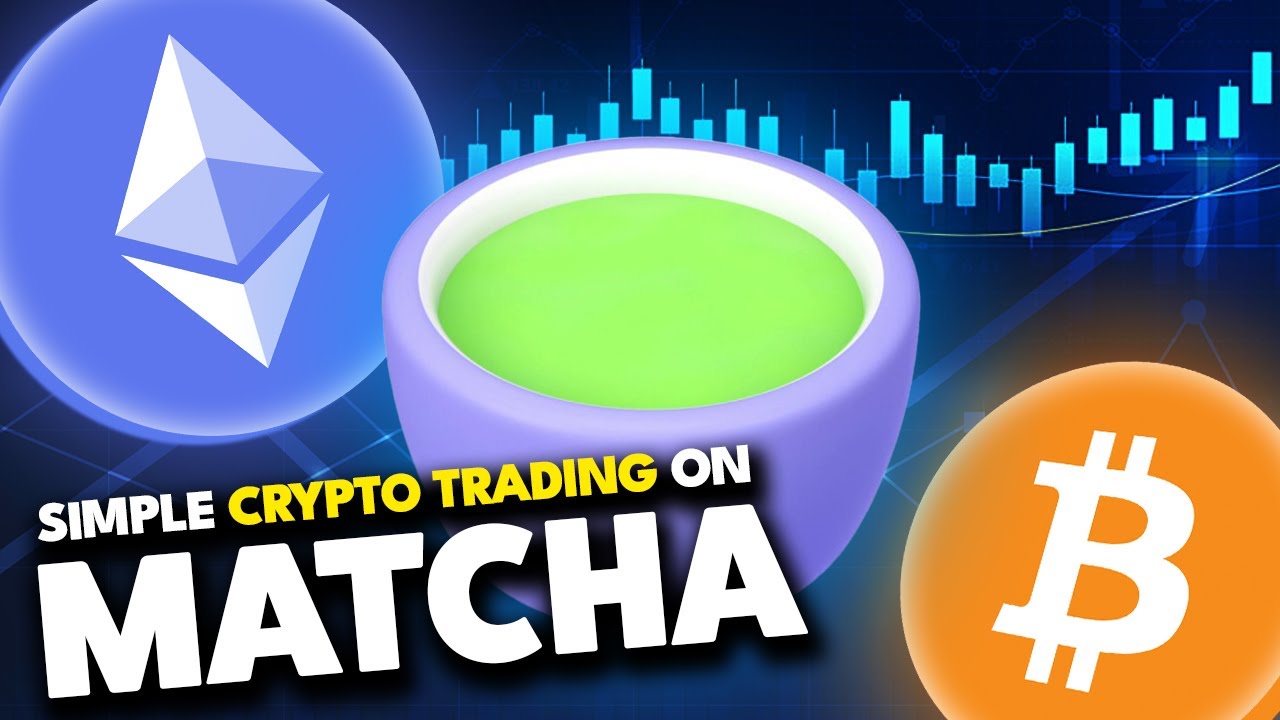How Web 3.0 and NFTs Could Revolutionize the Music Industry
Explore how Web 3.0 and NFTs are transforming the music industry. Learn about the impact of blockchain technology on music creation.
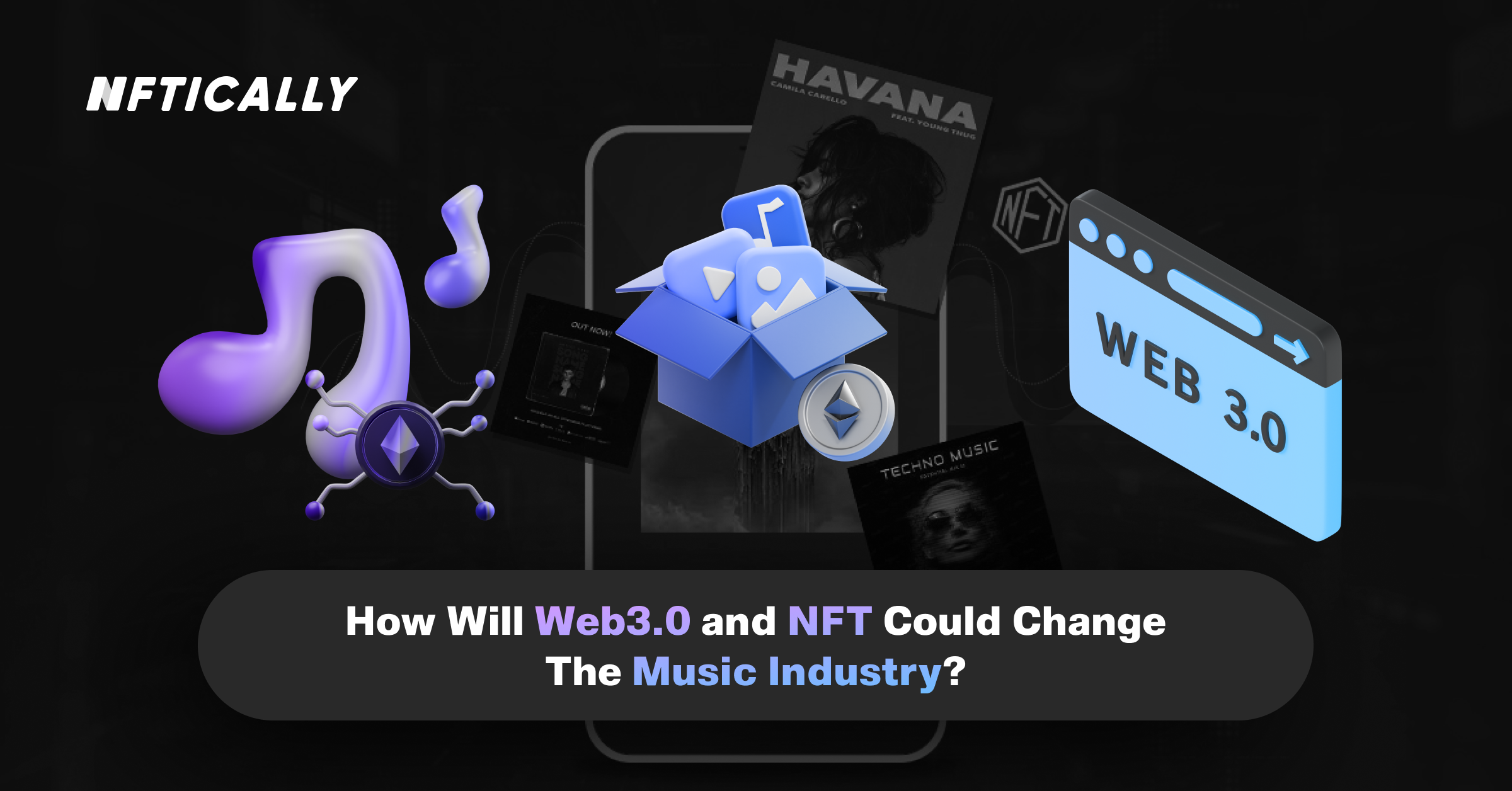
The music industry has undergone significant transformations throughout its history, from vinyl records to digital streaming. In recent years, a new wave of innovation has emerged with the advent of Web 3.0 and Non-Fungible Tokens (NFTs). These technologies hold the potential to reshape the music industry in profound ways. In this article, we will explore how Web 3.0 and NFTs are poised to change the landscape of music, touching upon keywords like "NFT market price," "NFT tokens price," "best NFT gaming," "NFT price chart," "NFT blockchain," "best NFT marketplaces," "NFT marketplaces," "NFTs for sale," and "NFT price."
Web 3.0: A New Internet Era
Web 3.0, often referred to as the "Semantic Web," represents the next stage in the evolution of the internet. It is characterized by a more intelligent, interconnected, and user-centric web experience. Web 3.0 leverages blockchain technology to create a decentralized ecosystem, enabling users to have more control over their data and digital assets. In the context of the music industry, Web 3.0 introduces several groundbreaking changes.
NFTs and the Music Industry
- Ownership and Authenticity: NFTs are unique digital assets that can represent ownership of music, concert tickets, memorabilia, and more. When a musician releases their work as an NFT, fans can purchase these tokens, thereby obtaining a certificate of authenticity and ownership. This revolutionizes the way fans interact with music.
- Monetization: Musicians can sell NFTs representing their songs or albums directly to fans, cutting out intermediaries and increasing their revenue. Additionally, artists can receive royalties automatically through smart contracts, ensuring a fair and transparent income distribution.
- Unlocking Exclusive Content: Musicians can use NFTs to grant exclusive access to content, such as behind-the-scenes footage, limited edition tracks, or virtual meet-and-greets. Fans are willing to pay a premium for these unique experiences, further boosting artists' income.
- NFT Marketplaces: Several?NFT marketplaces have emerged as hubs for buying, selling, and trading music-related NFTs. Artists can choose from a variety of platforms to reach their target audience. These marketplaces often provide features such as NFT price charts, making it easier for users to track the market.
NFTs in the Gaming World
The intersection of NFTs and the gaming industry has also been a significant development. With keywords like "best NFT gaming" and "NFT blockchain" in mind, it's important to note how NFTs are influencing gaming and indirectly impacting the music industry.
- In-Game Music: Some games are incorporating NFTs to provide players with unique in-game music experiences. Gamers can purchase NFTs representing exclusive soundtracks or music skins, allowing them to customize their gaming experience.
- Cross-Promotion: Collaborations between musicians and game developers are becoming more common. Gamers can purchase music-related NFTs that provide them with access to exclusive tracks or in-game events featuring their favorite artists.
NFT Marketplaces and Trends
When considering the keywords "best NFT marketplaces" and "NFTs for sale," it's essential to highlight the significance of NFT marketplaces and ongoing trends.
- Popular NFT Marketplaces: Several NFT marketplaces have gained popularity, including OpenSea, Rarible, and SuperRare. Musicians and artists can choose these platforms to showcase and sell their NFTs.
- NFT Price Volatility: The NFT market is known for its price volatility, with "NFT price" being a frequently searched term. Investors and collectors closely follow NFT price charts to make informed decisions.
The Road Ahead: Challenges and Opportunities
While the potential benefits of Web 3.0 and NFTs in the music industry are exciting, there are also challenges that need to be addressed.
- Copyright and Licensing: With NFTs enabling direct sales of music, issues related to copyright and licensing become more complex. Clear regulations and agreements are essential to ensure that artists and rights holders receive fair compensation.
- Environmental Concerns: The environmental impact of blockchain technology, which underpins NFTs, has drawn scrutiny. As the industry matures, finding more eco-friendly solutions will be crucial to address these concerns.
- Accessibility: Despite the promises of Web 3.0 and NFTs, not all artists and fans have equal access to these technologies. Ensuring inclusivity and democratizing access to these innovations will be essential.
- Market Saturation: As the NFT market grows, it may become saturated with digital assets, making it challenging for artists to stand out. Building a strong online presence and marketing strategies will be crucial.
- Quality Control: The influx of NFTs could potentially lower the quality threshold, flooding the market with subpar content. Maintaining standards and authenticity will be important for long-term success.
Opportunities and Trends to Watch
- Virtual Reality (VR) and Metaverse: The integration of NFTs with VR and metaverse platforms opens up exciting possibilities for immersive music experiences. Musicians can perform in virtual concerts, and fans can attend these events using NFT-backed tickets.
- Fan Engagement: The direct relationship between artists and fans, facilitated by NFTs, creates opportunities for more personalized and engaging experiences. Musicians can engage with their most dedicated fans on a deeper level.
- Collectibles and Merchandise: Beyond music, artists can create NFT collectibles and merchandise, allowing fans to own unique digital memorabilia associated with their favorite musicians.
- Secondary Sales: Artists can benefit from secondary sales of their NFTs through royalties. As NFTs change hands on secondary markets, artists can continue to earn a percentage of the resale price.
In conclusion, Web 3.0 and NFTs are poised to revolutionize the music industry. These technologies provide musicians with new avenues for monetization, fans with unique experiences, and collectors with valuable assets. The?NFT market price, NFT tokens price, and other related keywords reflect the growing interest and excitement surrounding this transformative trend. As Web 3.0 and NFTs continue to evolve, the music industry must adapt to these changes to stay relevant and competitive in the digital age.
What's Your Reaction?








